A self-described “poor kid from Newfoundland” Fogo Island Inn chef Murray McDonald decided to take a chance on culinary school so he could travel the world. He discovered he liked cooking and did well at it, working first in Prince Edward Island, then Ontario and then around the world with stops in Bermuda, Grand Cayman, the South Pacific, China, New Zealand, Mexico and finally Vancouver. There he was the executive sous chef at the Hotel Pacific Rim in Vancouver. As McDonald grew older and began a family, he yearned to get back to Newfoundland. There was only one other Newfoundlander working at the hotel; a security guard. McDonald and the guard would talk from time to time about their far away home. One day (or maybe night), the two had the following conversation, as McDonald recounted to me on a recent trip to Toronto:
He said, “Did you hear? They’re building a boutique luxury hotel on Fogo Island.”
My exact words, and I can quote them, were, “Who the hell is going to build anything on Fogo Island?”
He said, “No, really. My mother saw it on the news.”
So, I said, “Ok,” and on the word of that guy’s mother, when I went home I looked it up and learned about the Shorefast Foundation, Zita Cobb and the Fogo Island Inn.”
The rest, as they say, is history. McDonald was attracted by the philosophy of giving back to the community that Zita Cobb and the Shorefast Foundation, she helped found, espoused and he was eager to get involved. The only trouble was figuring out how.
Taking a quick break from prepping a meal he cooked and served with chef Chris McDonald at Cava a few weeks ago, Murray McDonald, explained: “Fogo hadn’t been built. There wasn’t even a website.”
Somehow, McDonald got a hold of an email address (info@shorefoundation.org) and sent of a message to it explaining who he was, with his resume and a question: do you need an executive chef? Four hours later, he got a reply and soon was talking to visionary ‘Innkepper’ Zita Cobb about the project. The job was never advertised, as McDonald had beaten them to the punch and presented the perfect match before a job description was even written.
So far, so good: as of May 1, McDonald has been on Fogo Island for two years, including a full year of operation at the Inn. That’s all the time it took him to earn spot number three in enRoute magazine’s list of the best new Canadian restaurants of 2013. One of the things McDonald is recognized for is his relentless adherence to the creed of the locavore. He explains, “We try and use everything as much as possible from Newfoundland. For instance, all of our vegetables, all year round, are from Newfoundland. So, in the winter we’re pretty much on root cellars and root vegetables. All of our protein comes from Newfoundland, except sometimes our beef, but it comes from Prince Edward Island, so we try and keep it as close as possible.” McDonald buys much of his produce from neighbouring market gardens, picking what he needs in the morning and paying later on the honour system.
McDonald also insists on making everything from scratch, from all baked goods to sausages and bacon. Even the condiments are house made: vinegars, mustards, ketchups and so on. McDonald admits that this sort of strict self-sufficiency “makes for long days” but claims it’s worth it since the Inn’s guests are eager to show their appreciation for it.
One thing McDonald is quick to point out his kitchen and cuisine is not, despite the accent on local things and ways, is insular. “We look to Newfoundland’s traditional trading partners like Portugal and Spain, hence the dinner tonight at Cava,” he said. He then explained how his vision of Newfoundland cuisine is rooted in survival:
“A bunch of things had to happen together, or you were dead. You had to fish: that was your livelihood, you had to sell the fish. You had to have some kind of a livestock, and then you’d salt and preserve meat. You had to have a garden, where you’d grow root vegetables that you’d cellar over the winter. You had to look for berries, and whatever you could get, and bottle and preserve them. And you also had the merchant vessels coming in an providing your grains and flours – oh, and rum! So, if all that didn’t work together, you were literally dead. That was life in rural Newfoundland and we have kind of gone back to that.”
Since the Fogo Island Inn has in its short existence become one of Canada’s most sought after luxury hotels, I suggested things there might not be quite so dire, he laughed and conceded no. But, he made the point that that’s what he and his kitchen crew thought about when drew their menus, that they were trying to pay respect to their ancestors’ innovative ways. He also explained he enjoyed thinking and cooking this way: “In some ways it restricts you, but in other ways it gives you a lot of freedom,” he said, adding, “You pretty much know what’s in the seasons and what’s coming up, so you think what can we do with this carrot that we just got from the garden we can see from the inn and where can we take it to keep it still within the traditions but also be modern and have fun with it.”
Later that night, at the dinner at Cava, I ate Murray McDonald’s lobscouse, a traditional early spring dish that he described as “what’s left in the cellar”. It featured a lovely piece of line caught cod, and delicate vegetables, including a carrot that had been picked many months ago. That carrot had indeed been taken a long way.
 Malcolm Jolley is a founding editor of Good Food Revolution and Executive Director of Good Food Media, the company that publishes it. Follow him on Twitter at @malcolmjolley.
Malcolm Jolley is a founding editor of Good Food Revolution and Executive Director of Good Food Media, the company that publishes it. Follow him on Twitter at @malcolmjolley.
.

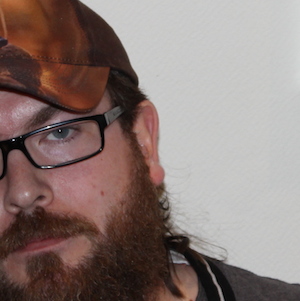

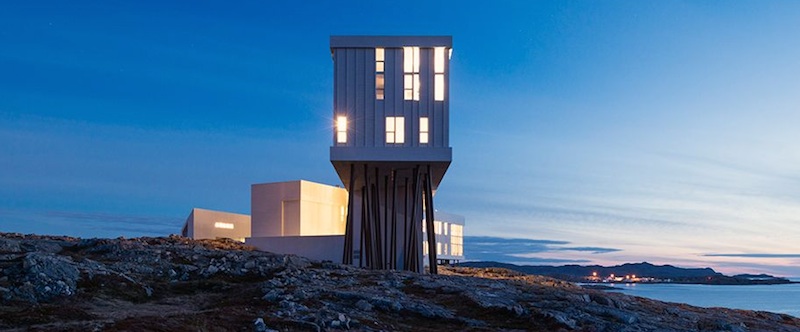

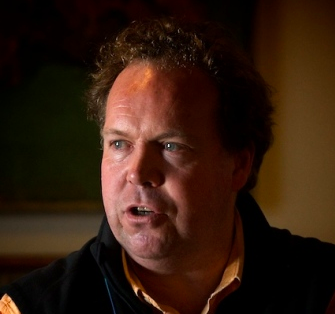
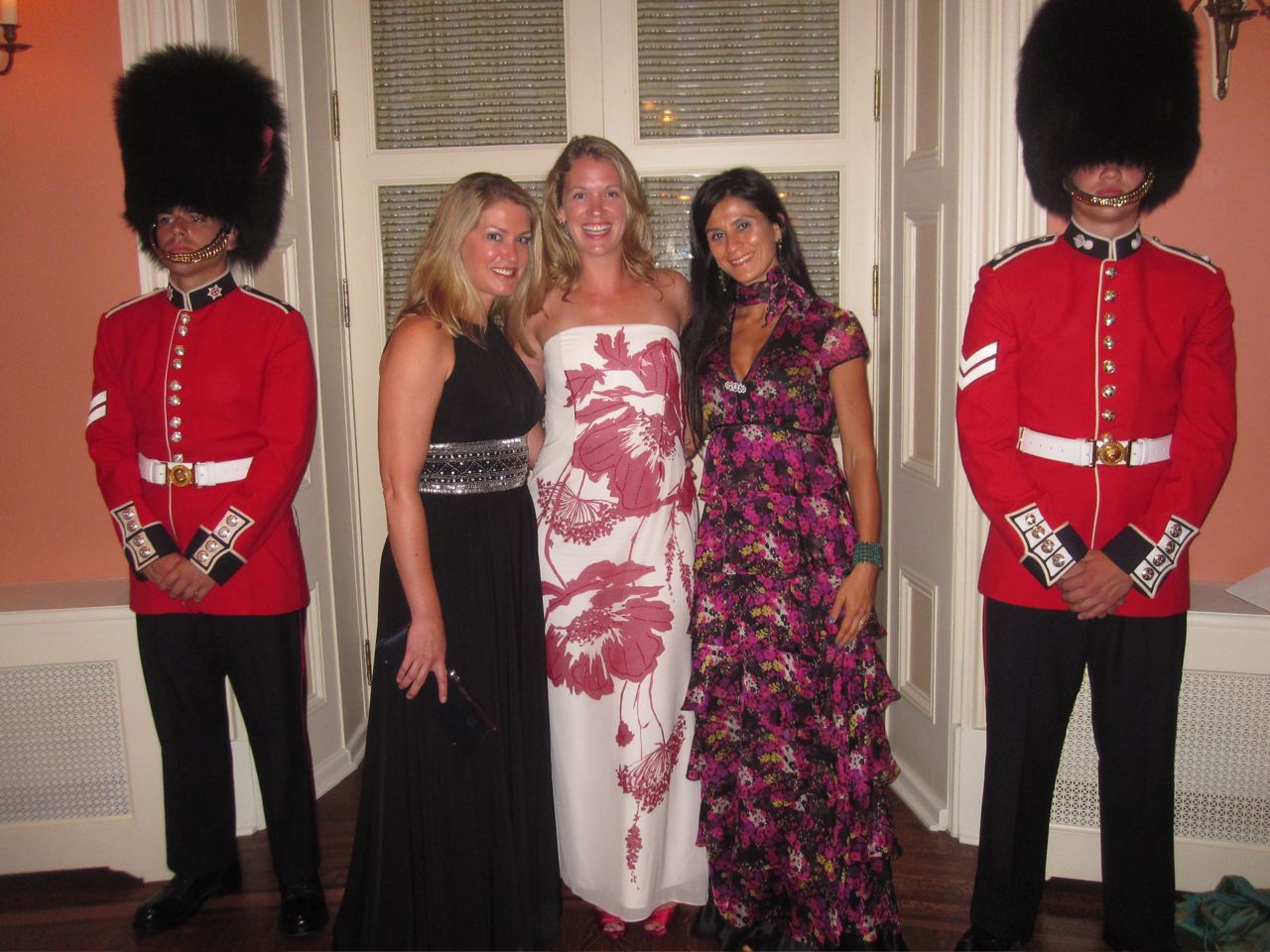
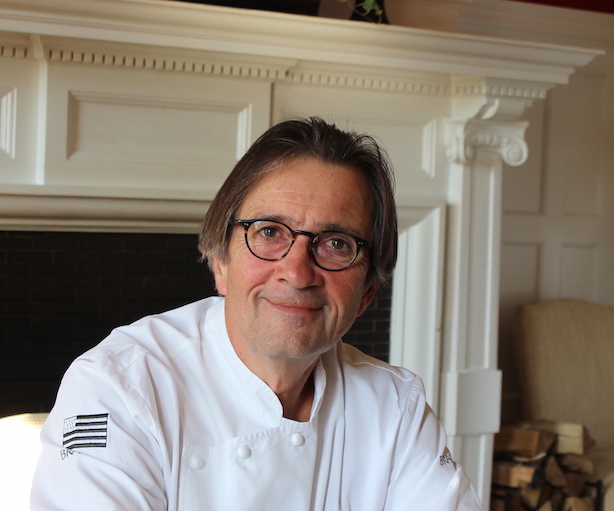


Chef Murray and his staff are amazing. Each meal is an adventure and a lesson in history and culture. Great article. Might need a trip to the Island to see some icebergs and find out how they inspire the menu during this season.